USCIS remains open and mostly operational during this government shutdown. USCIS announcement is here.
Several other departments have issued related announcements about the specifics of which immigration services have closed and which remain open:
Department of Labor. DOL’s announcement here refers people to its extensive contingency plan here.
Department of Justice. DOJ released the following statement: “Due to the lapse in appropriations, Department of Justice websites will not be regularly updated. The Department’s essential law enforcement and national security functions will continue. Please refer to the Department of Justice’s contingency plan for more information.” The contingency plan, dated September 2018, is here.
Department of State. DOS announced on December 22, 2018, that scheduled passport and visa services in the United States and at U.S. embassies and consulates overseas will continue “during the lapse in appropriations as the situation permits.” The agency said it will not update its website until full operations resume, with the exception of urgent safety and security information. The National Visa Center, National Passport Information Center, and Kentucky Consular Center will still accept telephone calls and inquiries from the public.
All passport agencies and centers and acceptance facilities (such as U.S. post offices, libraries, and county clerk’s offices) are still accepting applications for U.S. passport books and passport cards during the shutdown, and passports can be renewed by mail, DOS said. Processing times remain the same: four to six weeks for routine service and two to three weeks for expedited service.
Those who have scheduled appointments at a DOS passport agency or center should plan on keeping their appointments, the agency said. Those who need to cancel their appointments at those places may do so by calling 1-877-487-2778 or visiting the Online Passport Appointment System here. Those who have scheduled appointments at a passport acceptance facility and need to cancel should contact the facility directly; see https://iafdb.travel.state.gov to search for a local facility.
The DOS passport notice is here.
Executive Office for Immigration Review—immigration courts. With respect to the operating status of immigration courts during the shutdown, EOIR said that detained docket cases will proceed as scheduled. Non-detained docket cases will be reset for a later date after funding resumes. Immigration courts will issue an updated notice of hearing to respondents or, if applicable, respondents’ representatives of record for each reset hearing.
The EOIR notice is here.
U.S. Citizenship and Immigration Services. USCIS said that the shutdown does not affect USCIS’s fee-funded activities. USCIS offices remain open and all applicants should attend their interviews and appointments as scheduled, the agency said. The lapse in government appropriations does not affect Form I-9 Employment Eligibility Verification requirements. Employers must still complete Form I-9 no later than the third business day after an employee starts work for pay, and comply with all other I-9 requirements.
USCIS noted that several USCIS programs have either expired or suspended operations, or are otherwise affected, until they receive appropriated funds or are reauthorized by Congress. The program-specific announcements are summarized below:
- EB-5 Immigrant Investor Regional Center Program. The EB-5 Immigrant Investor Regional Center Program expired at the end of the day on December 21, 2018, due to a lapse in congressional authorization to continue the program. All regional center applications and individual petitions are affected. USCIS will not accept new Forms I-924, Application for Regional Center Designation Under the Immigrant Investor Program, as of December 21, 2018. Any pending Forms I-924 as of that date will be put on hold until further notice. Regional centers should continue to submit Form I-924A, Annual Certification of Regional Center, for fiscal year 2018. USCIS said it will continue to receive regional center–affiliated Forms I-526, Immigrant Petition by Alien Entrepreneur, and Forms I-485, Application to Register Permanent Residence or Adjust Status. USCIS has put unadjudicated regional center–affiliated Forms I-526 and I-485 (whether filed before or after the expiration date) on hold for an undetermined length of time. All Forms I-829, Petition by Entrepreneur to Remove Conditions on Permanent Resident Status, filed before or after the expiration date will not be affected by the expiration of the program. USCIS said it will provide further guidance if legislation is enacted to reauthorize, extend, or amend the regional center program.
- E-Verify. Services are unavailable due to the shutdown, USCIS said. Employers’
- The “three-day rule” for creating E-Verify cases is suspended for cases affected by the unavailability of E-Verify.
- The time period during which employees may resolve TNCs will be extended. The number of days E-Verify is not available will not count toward the days the employee has to begin the process of resolving a TNC.
- USCIS said it will provide additional guidance regarding the “three-day rule” and time period to resolve TNC deadlines once operations resume.
- Employers may not take adverse action against an employee because the E-Verify case is in an interim case status, including while the employee’s case is in an extended interim case status due to the unavailability of E-Verify.
- Federal contractors with the Federal Acquisition Regulation (FAR) E-Verify clause should ask their contracting officer about extending federal contractor deadlines.
- MyE-Verify accounts are unavailable and employees will not be able to access their accounts to use self-check, self-lock, case history, or case tracker.
- Upcoming webinars are canceled.
- Telephone and email support for Form I-9, E-Verify, and MyE-Verify is unavailable.
- Conrad 30 waiver for J-1 doctors. This program allows J-1 doctors to apply for a waiver of the two-year residence requirement after completing the J-1 exchange visitor program. The expiration only affects the date by which the J-1 doctor must have entered the United States; it is not a shutdown of the Conrad 30 program entirely.
- Non-minister special immigrant religious workers. This category allows non-ministers in religious vocations and occupations to immigrate or adjust status in the United States to perform religious work in a full-time, compensated position. The EB-4 non-minister special immigrant religious worker program expired due to a lapse in congressional authorization to continue the program. USCIS will reject any Form I-360 Special Immigrant petitions for Non-Minister Religious Workers received on or after December 22, 2018. Petitions received by USCIS before that date but not issued a final decision before December 22, 2018, will be placed on hold in case the program is reauthorized.
The USCIS announcement is here.
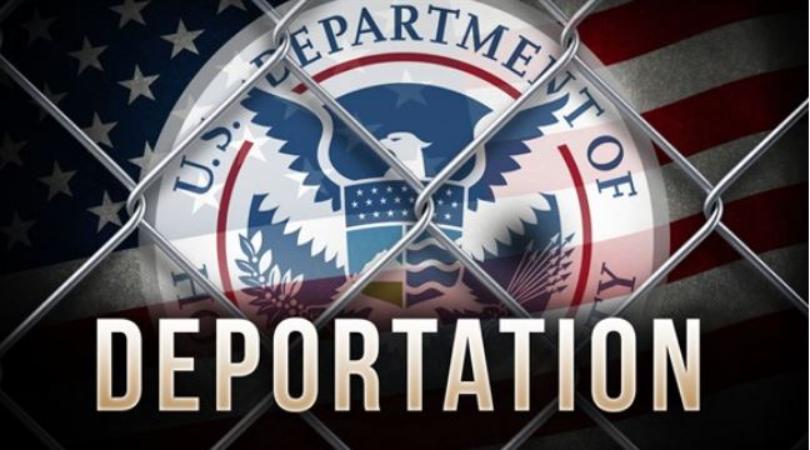
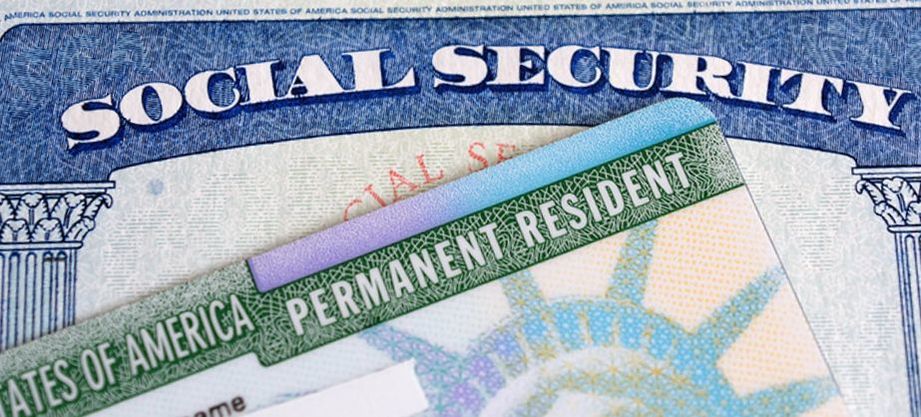


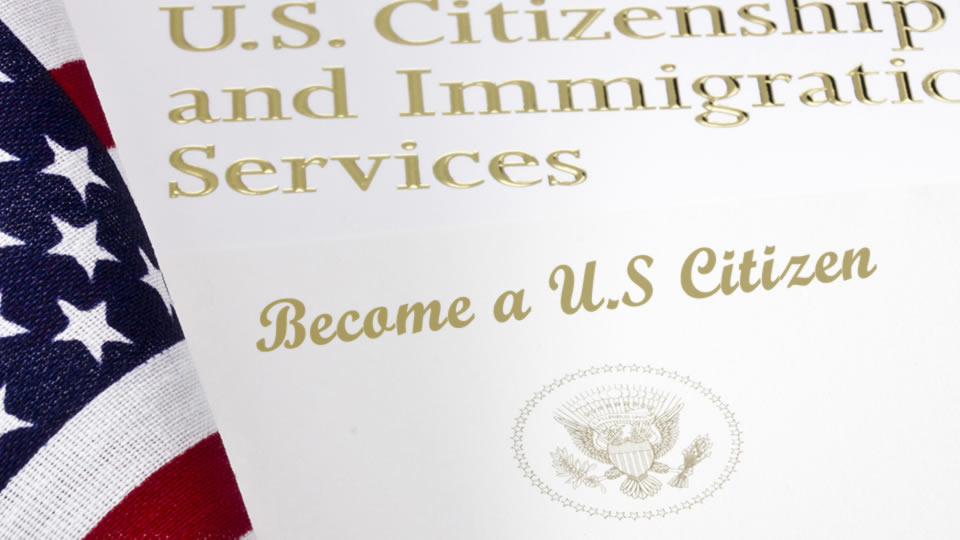

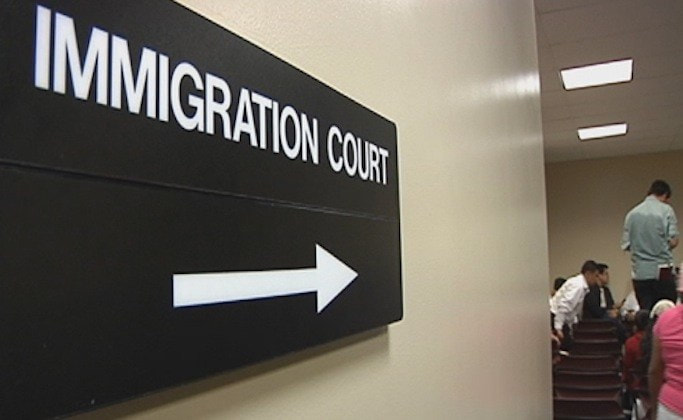

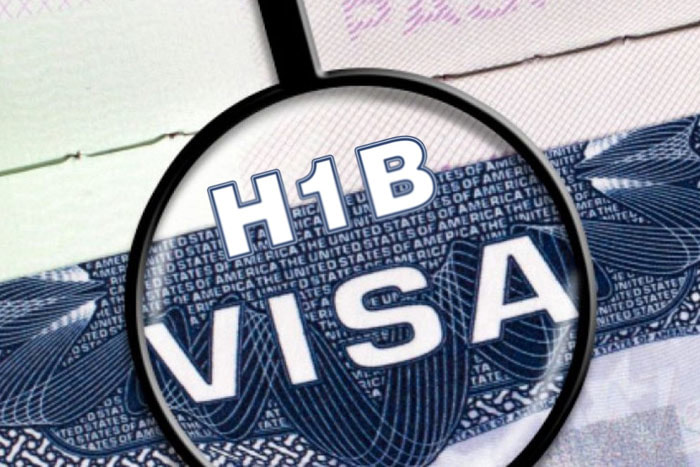
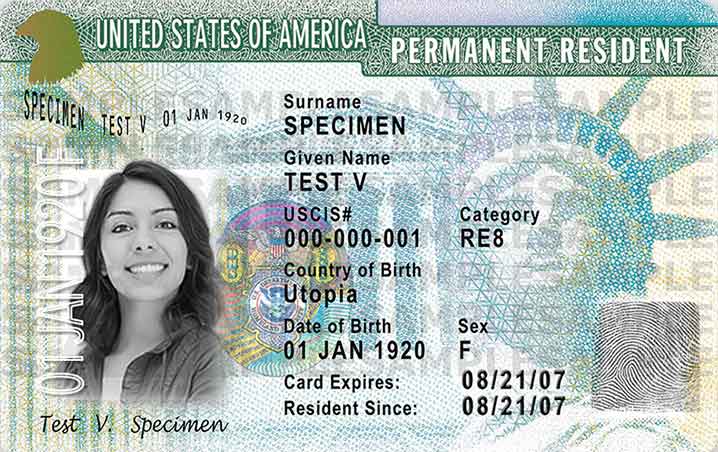



 RSS Feed
RSS Feed